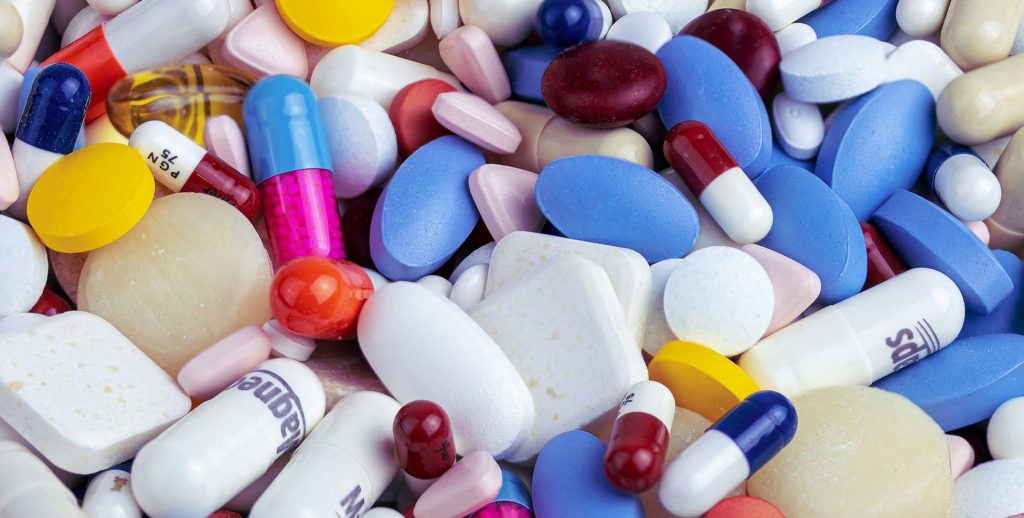What is PEP and how does it work?
PEP, or Post Exposure Prophylaxis is the name given to a course of medication, which has been shown to reduce the rate of infection with the HIV virus following exposure. HIV, or the Human Immunodeficiency Virus is the cause of AIDS. If HIV is left untreated, it will usually lead to death. Being able to prevent any HIV infection from becoming established in the body is therefore of tremendous value to both the individual concerned, and to the health care organisations which care for people.

HIV is a retrovirus which reproduces inside our own cells. The key to preventing the virus from becoming established inside our cells is to hit it hard, and hit it fast with medicines which stop the virus from invading our cells. This is where PEP comes in. Usually, PEP is a 28 day course of a combination of medicines which are able to stop this cellular invasion. The medicines are often the same as those which a person whose cells are already infected will take to manage their condition, but if taken within no more than 72 hours after exposure and preferably within 24 hours, PEP has been clinically demonstrated to prevent an exposure to the HIV virus from becoming an established, and then an incurable infection.
Fortunately, HIV is not easy to catch, but unfortunately, PEP can have some serious side effects so the decision whether to take PEP or not is always subject to a careful analysis of the risk the person exposed faced, and the decision to prescribe PEP or not will be based on whether the risk of infection outweighs the risks posed by the medicines themselves.
PEP represents a real breakthrough in the management of HIV, but it is worth remembering that prevention starts with you: always practice safe sex, wear a condom, do not inject drugs and share needles.
PEP is generally available from the A&E departments of many big hospitals, but Better2Know can help you understand your risks and guide you to specialists who can prescribe PEP if it is indicated.
Categories
- Awards
- Bacterial Vaginosis
- Blood Tests
- Cervical Cancer
- Chlamydia
- Condoms
- Covid-19
- Gardnerella
- Genital Warts
- Gonorrhoea
- Health and Wellness
- Hepatitis A
- Hepatitis B
- Hepatitis C
- Herpes
- HIV
- HIV (AIDS)
- Home Testing
- HPV
- Instant Testing
- MSM
- Mycoplasma
- News
- Non-Specific Urethritis
- PAP Smear
- Pre-Pregnancy
- Sexual Health
- STD Symptoms
- STD Tests and Screens
- STI Transmission
- Stigma
- STIs
- Swab Tests
- Syphilis
- Trichomonas
- Ureaplasma
- WSW
- Zika
